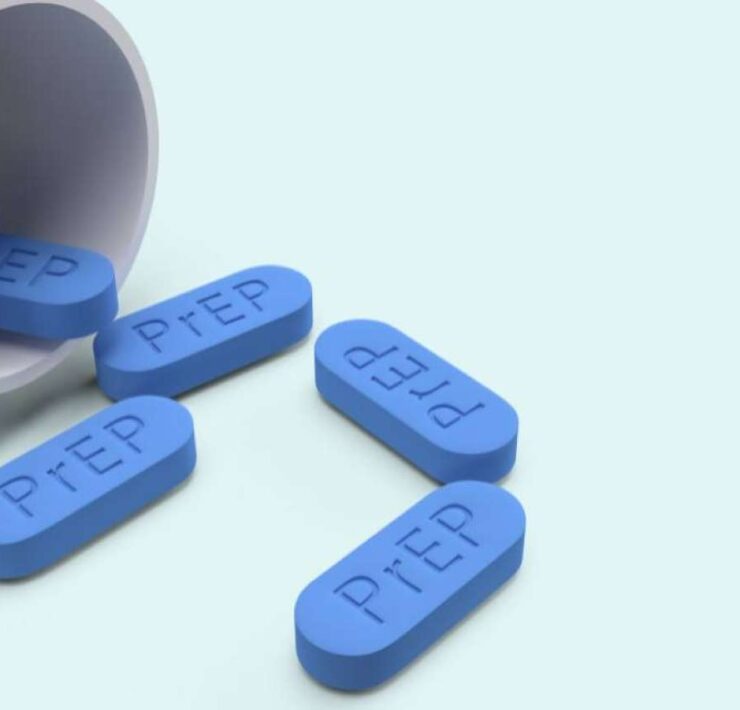Dirty mouth, dirty health: The link between dental hygiene and overall wellbeing
Between visits here are some dental tools to use at home:
Philips Sonicare FlexCare+ Rechargeble toothbrush:
$189.99 at www.philips-store.com
Highly rated among the top dental industry professionals, the Philips Sonicare FlexCare+ toothbrush has five different brushing modes to accommodate people with sensitive teeth or focus on gums. Added perks include a built–in two–minute timer, and an easy– start program that gradually introduces users to the Sonicare experience over 14 uses.
Antimicrobial toothpaste
Some of the active ingredients in your daily paste are important in the fight against bacteria and gum disease. Look for toothpastes with fluoride (an enamel–strengthening agent), triclosan, and metal salts to reduce the development of plaque and harmful microorganisms.
Mouthwash:
The American Dental Association recommends using either an antimicrobial mouthwash to reduce plaque or a fluoride mouthwash to prevent tooth decay. Falling into the first category, Listerine Antiseptic Mouthwash is composed of essential oils that can reduce gingivitis when used for 30 seconds twice a day. ACT mouthwash contains natural fluoride that helps strengthen and even rebuild, enamel.
I have a dirty confession: I don’t know how long it’s been since I’ve visited a dentist. That never bothered me until I confessed this to a friend’s father, who just so happened to be — you guessed it — a dentist.
Taking advantage of my guilty conscience, this man began to list a catalogue of problems my negligence could cause. I stopped him when he was teetering around death. “If you don’t floss, you will get gingivitis and die!” he promised.
According to Dr. Scare Tactics, there is a distinct link between oral health and overall health. Your mouth is brimming with bacteria (mostly harmless), but regular dentist visits can help keep the detrimental kinds at bay. Otherwise inflammation–causing bacteria can flourish. Organisms like Porohyromonas ginigivalis and Fusobacterium nucleatum can inflame heart vessels. In fact, researchers have found that people with periodontal disease (or the inflammation and infection of tissue around the teeth, or gingivitis), are almost twice as likely to suffer from coronary artery disease.
This alarming association is most likely caused when bacteria eventually enter bloodstream, initiating infection in the heart or lungs. And although the research is developing, two studies published in the Journal of Periodontology have linked gum health and pulmonary diseases such as pneumonia, acute bronchitis and diabetes.
How often should you be making these all–important appointments? While an annual check up maybe fine for those without problems, others who are prone to periodontal issues should get cozy with their tooth doc every three to four months.











